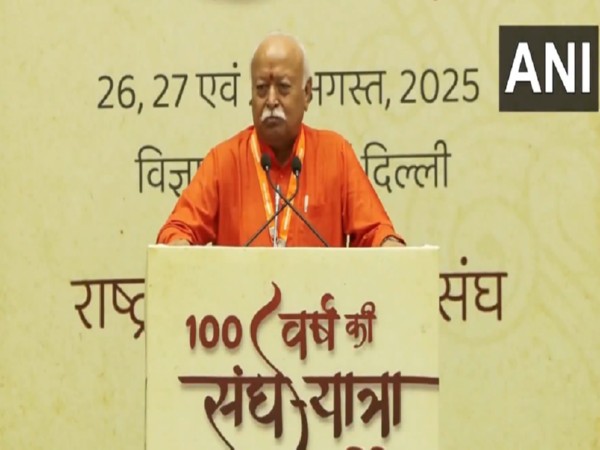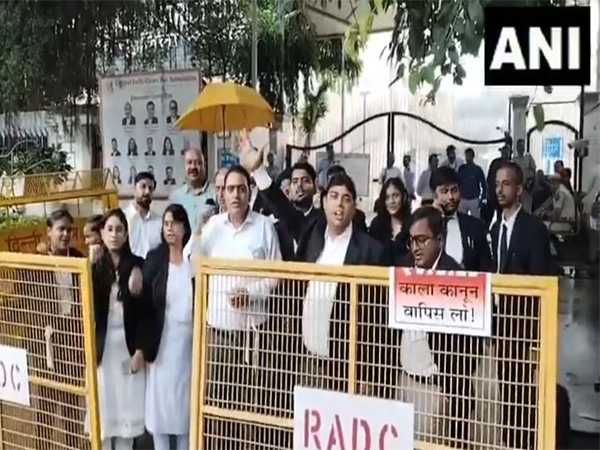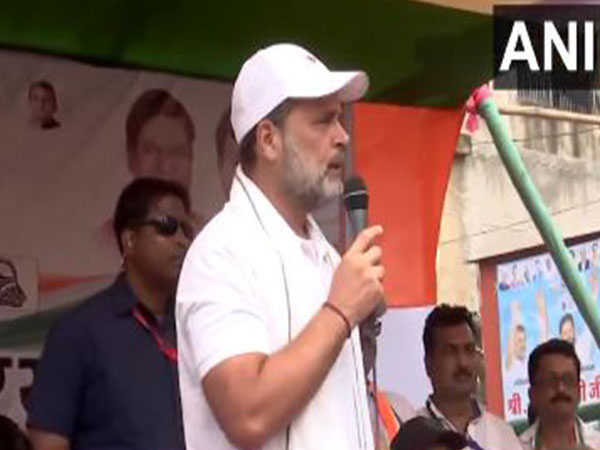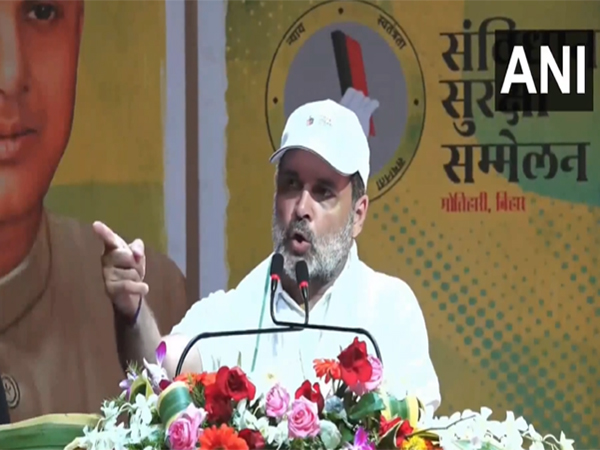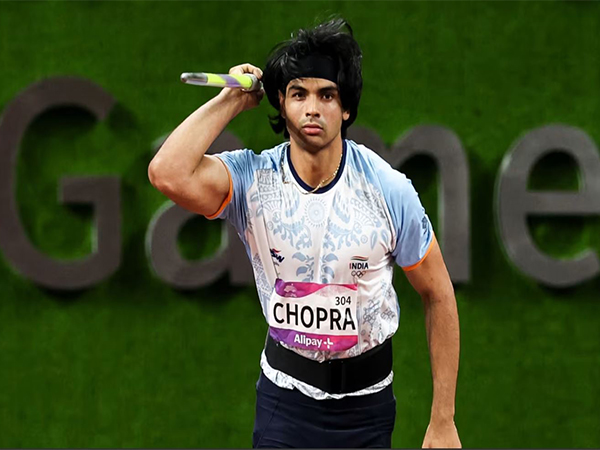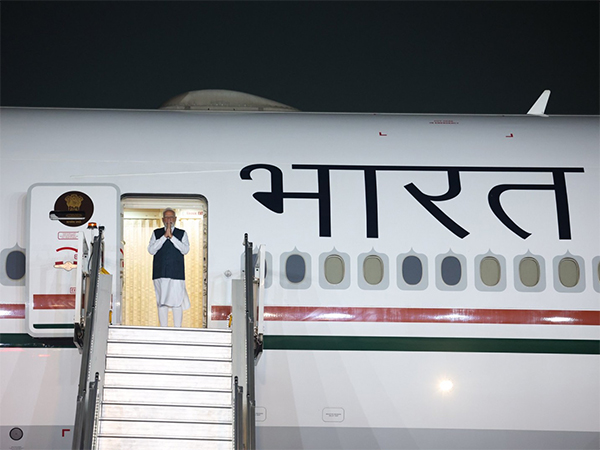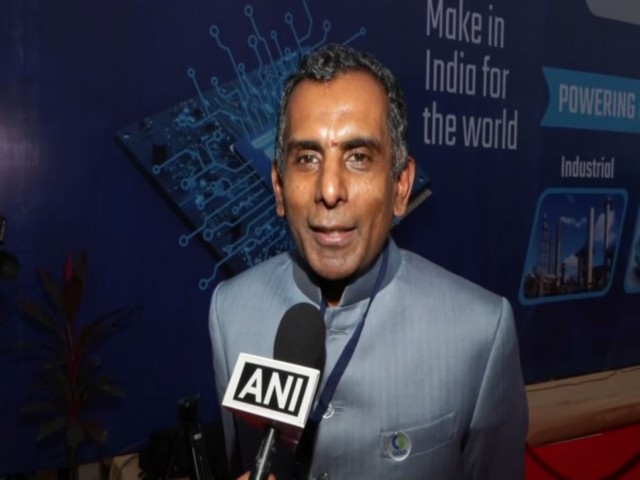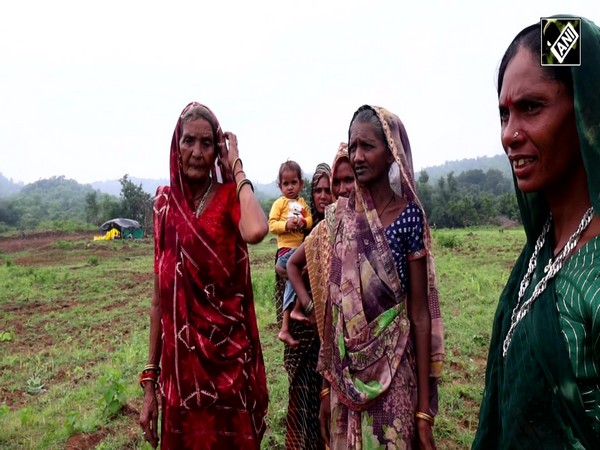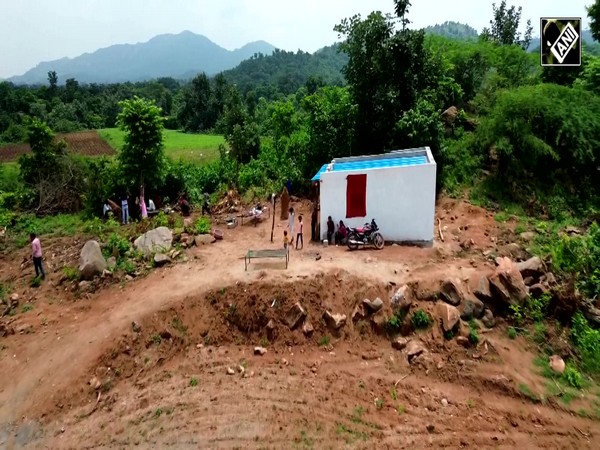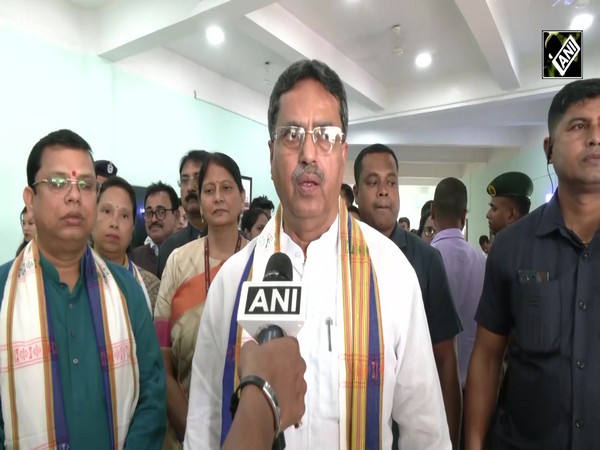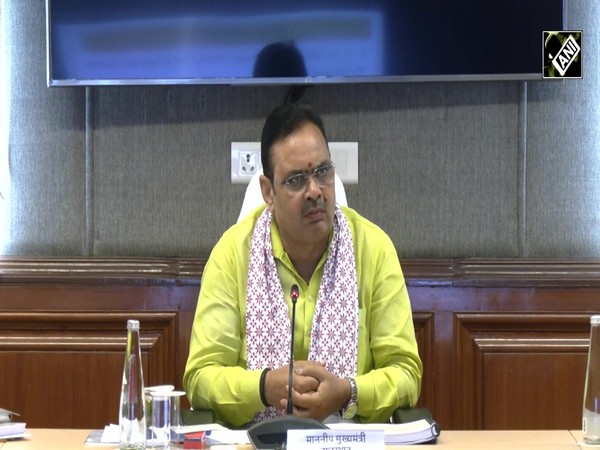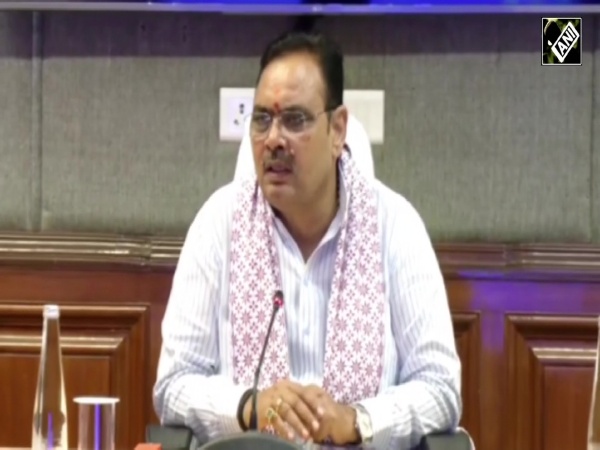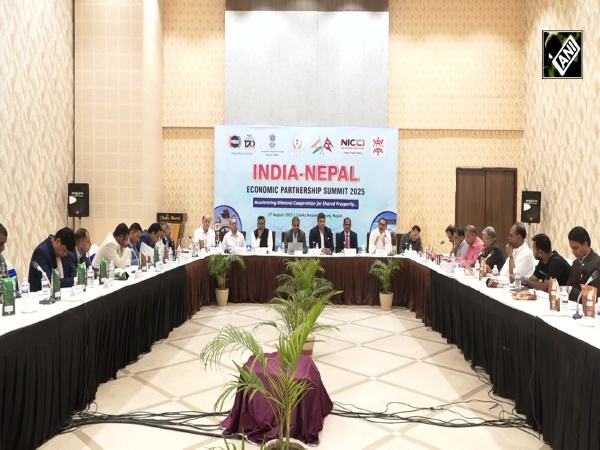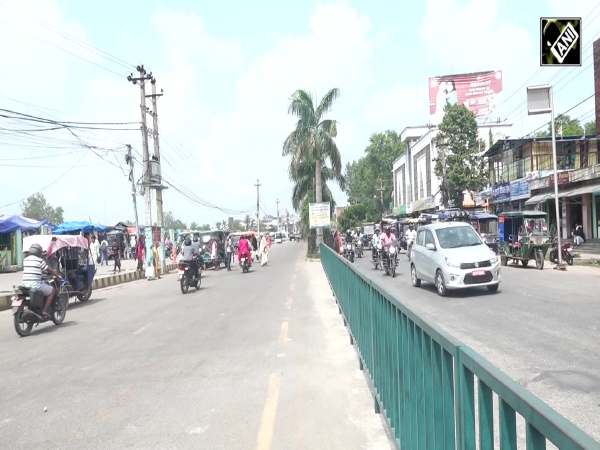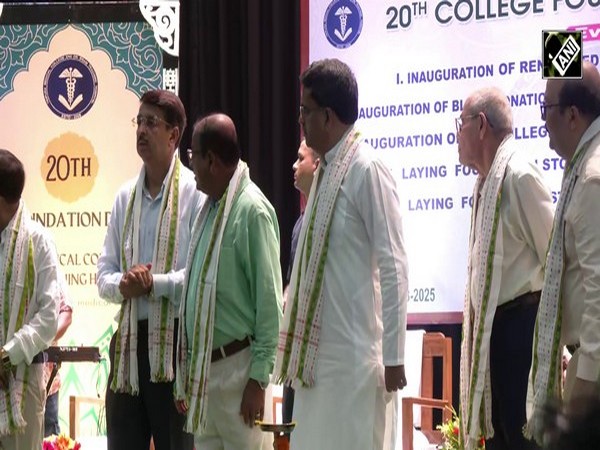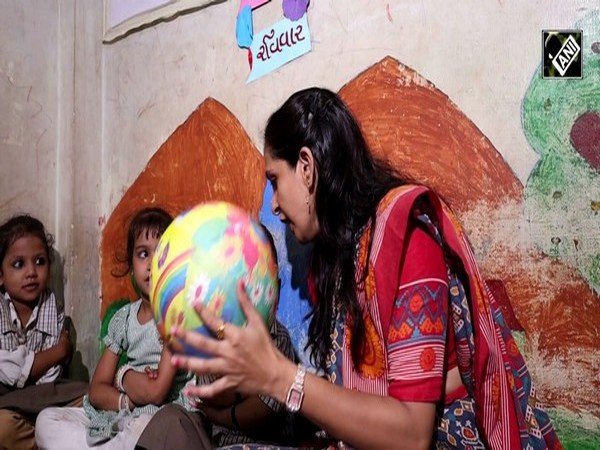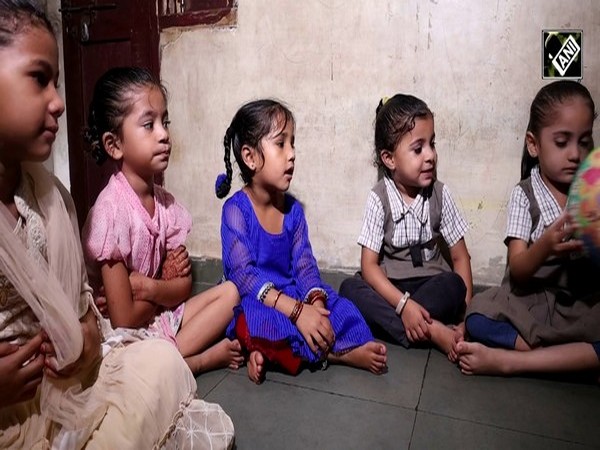"Mamata Didi can talk to Bangladesh PM if needed": TMC leader Sudip amid protest in neighbouring country
Jul 22, 2024

Kolkata (West Bengal) [India], July 22 : Amid protests that resulted in the deaths of over 100 people over the quota system for civil service jobs in Bangladesh, TMC leader Sudip Bandyopadhyay said that West Bengal Chief Minister Mamata Banerjee can talk to neighbouring PM Sheikh Hasina if needed, as they have a good relationship.
His statement comes amid protests in Bangladesh over demands for reforms of the country's quota system for civil service jobs.
"Mamata Didi has a good relationship with Bangladesh's PM. If needed, both of them can talk to each other," the TMC leader said on Sunday.
Meanwhile, Banerjee said on Sunday that her government would provide shelter to individuals from Bangladesh who seek refuge, amidst ongoing protests in the neighbouring country.
Addressing the TMC's Martyrs Day rally in Kolkata, CM Banerjee said, "Don't worry if any of your family members or relatives are in Bangladesh for work or study. We're ready to help them in return back... I can't comment on Bangladesh (issue), as it's a separate country. Whatever needs to be said, the Indian government will say. These are matters which are handled by the Indian Government. But if helpless individuals knock on Bengal's door, we will shelter them because a United Nations resolution allows neighbouring regions to assist those in trouble.
Urging people not to resort to utter negative comments or get provoked on Bangladesh protests Banerjee said, "I urge everyone not to comment on Bangladesh (issue), to avoid falling into provocations. We feel compassion and sympathy for those whose blood is shed," Chief Minister Banerjee added.
The protests in Bangladesh have erupted due to demands for reforming the quota system that reserves civil service jobs for specific groups, including descendants of 1971 war veterans.
The unrest intensified after students opposed a new policy allocating government jobs to descendants of freedom fighters, leading to violence, including attacks on state television headquarters and police booths in Dhaka.
The situation prompted a government curfew, school closures, and nationwide suspension of mobile and internet services.
Following the protests that resulted in over 100 fatalities, Bangladesh's Supreme Court intervened, slashing the quota reserved for relatives of war veterans from 30 per cent to 5 per cent while allowing 93 per cent to be allocated based on merit and the remaining 2 per cent will be earmarked for members of ethnic minorities, transgender individuals, and the disabled, Al Jazeera reported, citing, local reports.
